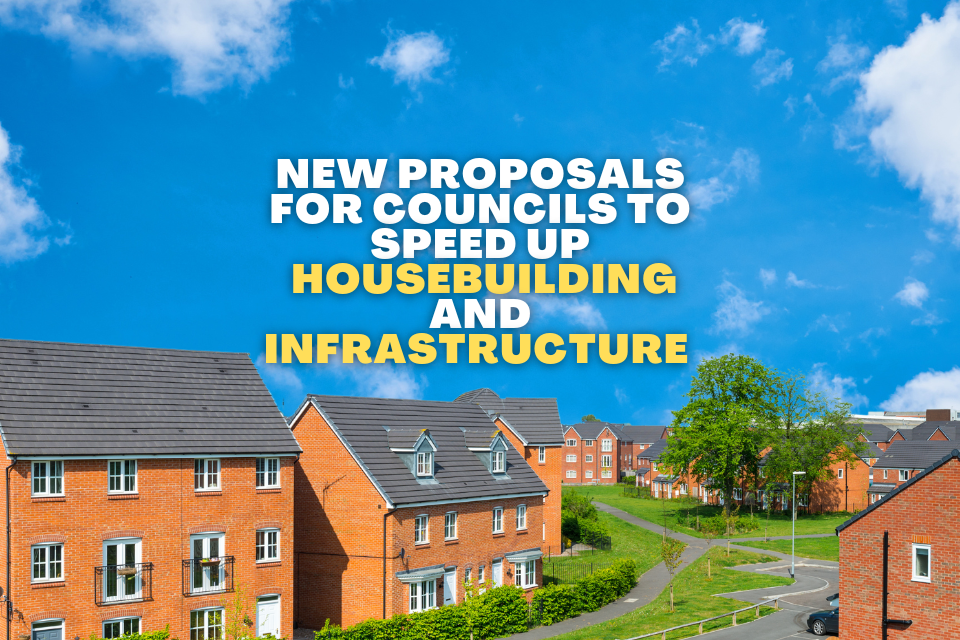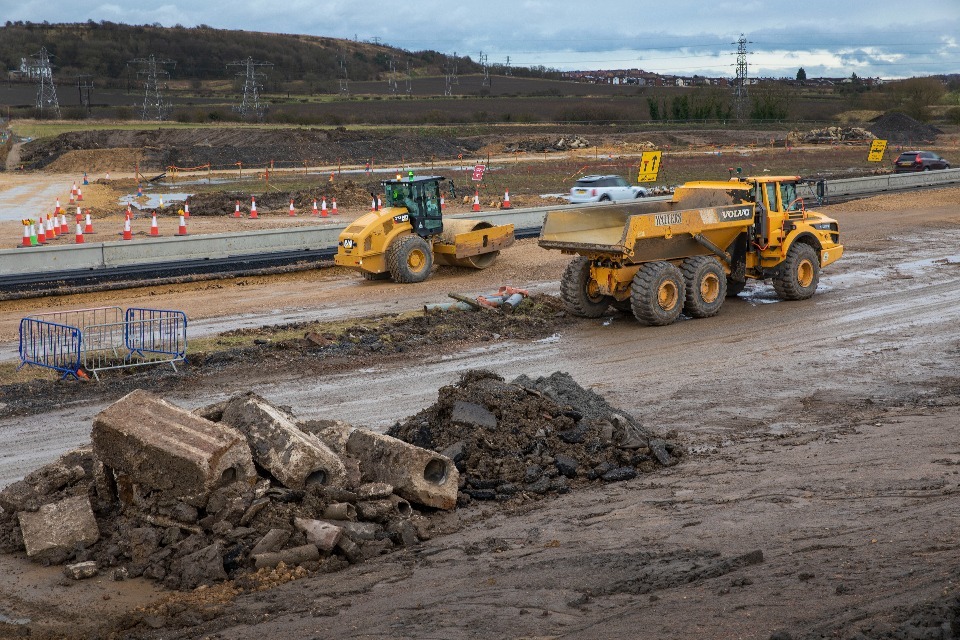UK public has its say on infrastructure planning

- by Admin
- July 1, 2024

Polling shows that 59% of British people want more public involvement in the planning process for major infrastructure projects.
Carried out by YouGov for the Institute of Environmental Management & Assessment (IEMA), the survey showed that while almost three in five adults think there should be more public involvement in planning, that demand is higher in Scotland, where 67% of respondents wanted involvement in the planning system.
The Labour Party’s manifesto has promised to “slash red tape”, build 1.5 million new homes and forge ahead with new roads, railways, reservoirs and other nationally significant infrastructure.
IEMA also showed that 63% of people think there should be more public involvement in planning for new housing developments compared to 73% in Scotland.
Labour says that it will make major projects faster and cheaper by building support for developments and ensuring communities directly benefit. However, IEMA has said that a key policy ask will be increasing the public’s say on new projects.
IEMA represents almost 22,000 environment and sustainability professionals, including the UK’s largest collection of Impact Assessment professionals.
Sarah Mukherjee MBE, CEO of IEMA, said there was no doubt the planning system required reform but warned against watering down public oversight and environmental protections.
She added: “Sensible planning reform can unlock the potential of the green economy, accelerating low carbon infrastructure and the development of new homes that are consistent with Net Zero carbon reduction targets under a Future Homes Standard.
“But any reforms need to ensure the planning system continues to balance economic growth, the needs and rights of local people, and, importantly, environmental risk. Polling clearly shows that the public want more, not less involvement, in planning decisions.”
We explored how fickle public opinion can be when it comes to UK solar farms in a recent feature on our sister site, Solar Power Portal, Protest groups are increasingly calling on local councils and the government to refuse or revoke planning permission for large-scale solar developments.
How policymakers can get the public involved in planning
Based on the appetite for involvement in infrastructure development, IEMA recommends that, with support from businesses, policymakers should create more meaningful opportunities to improve public participation in the planning system.
Equally, more should be done to promote evidence-based impact assessment practice and to mandate the use of competent experts. The creation of a national environmental assessment unit to enhance environmental impact assessment (EIA) and strategic environmental assessments (SEA) delivery is also recommended.
IEMA’s impact assessment policy lead, Rufus Howard, said: “If you want to speed up the planning system, you need to mandate the use of competent experts – not just local planning officers, but also environmental impacts assessors and other professionals – to ensure evidence-based practice.
“That means more capacity building. Growing skills, proper staffing levels, proper pay, so we have well-staffed, well-trained officers throughout the planning system, who can make sensible, timely decisions at the local level, taking into account economy, people and nature, in other words – sustainable economic growth.”
While IEMA aimed this advice at the Labour Party, the Conservatives also touch on planning processes in their manifesto: If re-elected, the Conservative Party has committed to tripling offshore wind capacity and ensuring democratic consent for onshore wind projects.
This follows the September announcement loosening the de facto ban on onshore wind projects, which broadened the ways that communities can identify suitable locations. At the time, the government said the change would “ensure the whole community has a say, not just a small number of objectors – paving the way for more onshore wind projects to come online where they have community support”.
The Latest News
-
December 22, 2024Donald Trump picks Apprentice producer to be the US special envoy to UK
-
December 22, 2024Daily horoscope: December 22, 2024 astrological predictions for your star sign
-
December 21, 2024UK flights and ferries cancelled owing to high winds as Christmas getaway begins
-
December 21, 2024Prince Andrew plans to move to UAE amid espionage allegations: Report
-
December 21, 2024Inside Britain’s saddest shopping centre: Town centre mall empty just DAYS before Christmas as depressed locals say ‘it’s a disgrace’





